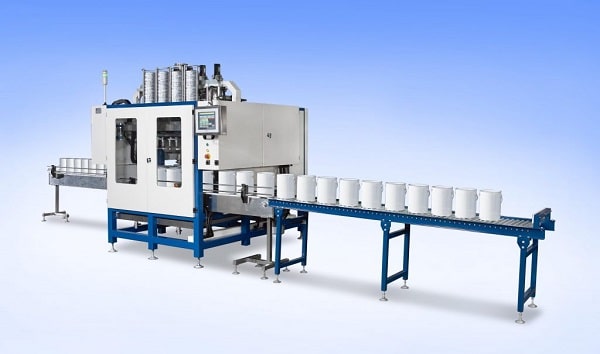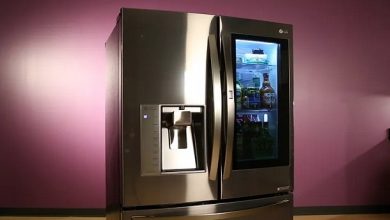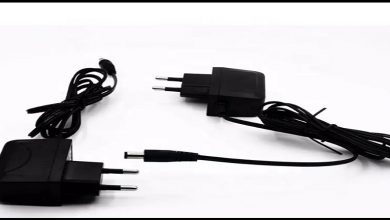IBC Filling Machines – Efficient Liquid Handling Solutions

Intermediate bulk containers (IBCs) are widely used for handling, storing and transporting liquids in industrial settings. IBCs provide a convenient way to move large volumes of liquids efficiently. However, filling and emptying IBCs manually can be time-consuming, labour-intensive and pose safety risks. This is where automated IBC filling machines come into play.
IBC filling machines, also known as IBC fillers or IBC liquid fillers, are engineered systems designed specifically for filling IBC containers in a quick, safe and efficient manner. They automate the IBC filling process, eliminating the need for manual handling and minimising spills or overflow. This results in increased productivity, reduced labour costs and a safer working environment.
Operation and Features of IBC Fillers
IBC fillers feature an infeed conveyor or area to hold the empty IBC container in place. The container is lifted up to the filling nozzle, where the liquid product is pumped in at the desired flow rate. Flowmeters measure and control the exact amount or weight of liquid dispensed into the IBC. Some advanced IBC fillers also have load cells to check fill levels and stop at the target volume.
Once filled, the IBC is lowered and conveyed to the outlet for recapping if required. IBC fillers are available in inline automated systems or rotary filling machines depending on production needs. Key features and capabilities include:
– Fast, accurate volumetric filling with flow meters
– Ensures precise fill levels with scales and auto cutoff
– Minimises spills with drip collection systems
– Handles containers up to 1000 litres capacity
– Fills up to 30 IBCs per hour depending on model
– CIP (Clean-in-Place) washing mechanisms
– Interlocks for safe container handling
– Allen-Bradley or Siemens automated controls
– Stainless steel or powder coated construction
– Casters for mobility
Benefits of Automated IBC Filling
IBC filling machines deliver significant benefits that justify the investment for any industrial liquid handling operation:
– Increased productivity – Fill rates of up to 1800 litres per minute, allowing filling of multiple IBCs per hour
– Accuracy and consistency – Advanced flow meters and weighing systems ensure precise, repeatable fill volumes every time
– Minimised spills and mess – Automated systems prevent spills, drips and overflow during filling
– Reduced labour costs – Automation reduces the need for manual labour in the filling process
– Improved safety – Minimises worker exposure to hazardous liquids; safety interlocks prevent accidents
– Versatile handling – Can fill a wide range of container types and sizes beyond just IBCs
– Easy integration – IBC fillers can be integrated into existing production lines or used as standalone stations
– Low maintenance – Stainless steel construction allows easy washdown and cleaning
– Enhanced traceability & compliance – Filling data can interface with inventory management systems
– Flexible configurations – Available in portable roll-around units, wall-mount setups or custom systems
Applications for IBC Fillers
IBC fillers are ubiquitous across many industries that handle bulk liquids including:
– Chemicals & solvents
– Paints & coatings
– Food & beverage
– Pharmaceuticals
– Petroleum & lubricants
– Wastewater treatment
– Agriculture & fertilizers
– Inks, dyes & adhesives
Any facility that must fill IBC totes, drums or other large liquid containers safely and efficiently can benefit from an automated IBC filling system. With rapid fill rates that minimise downtime, precise fill control and integrated data tracking, IBC fillers are a smart investment for optimising liquid handling productivity.



